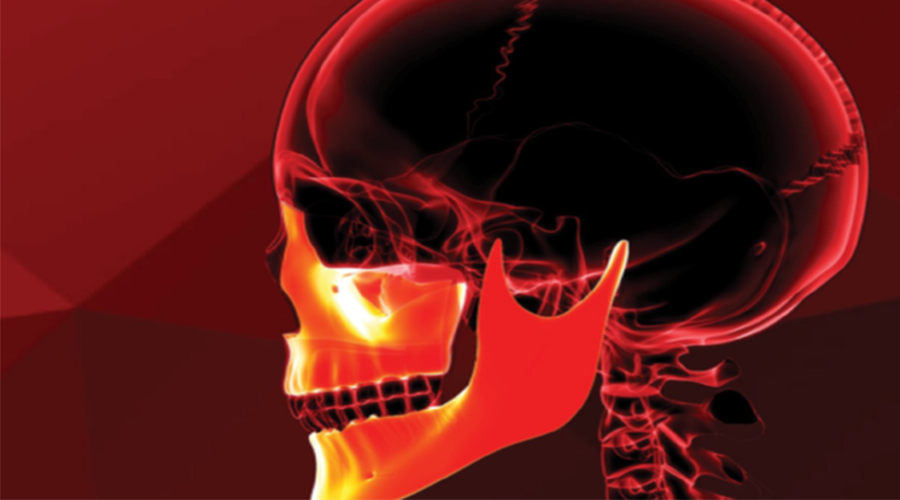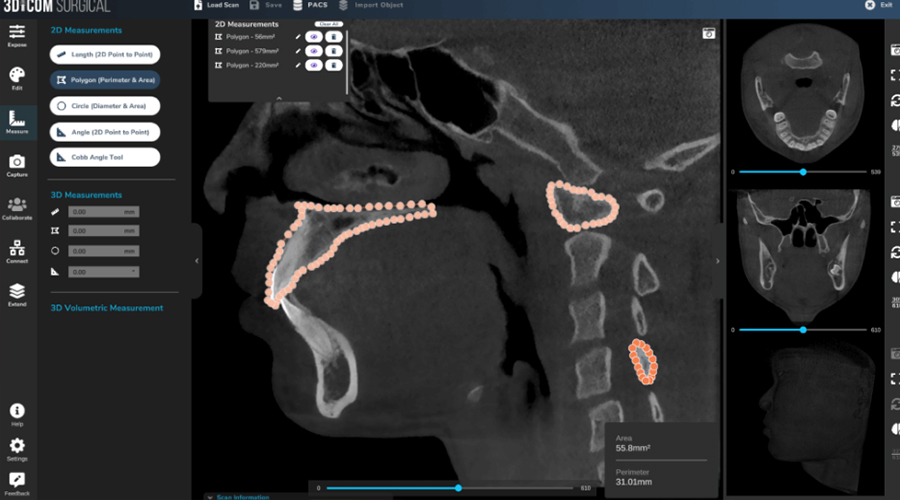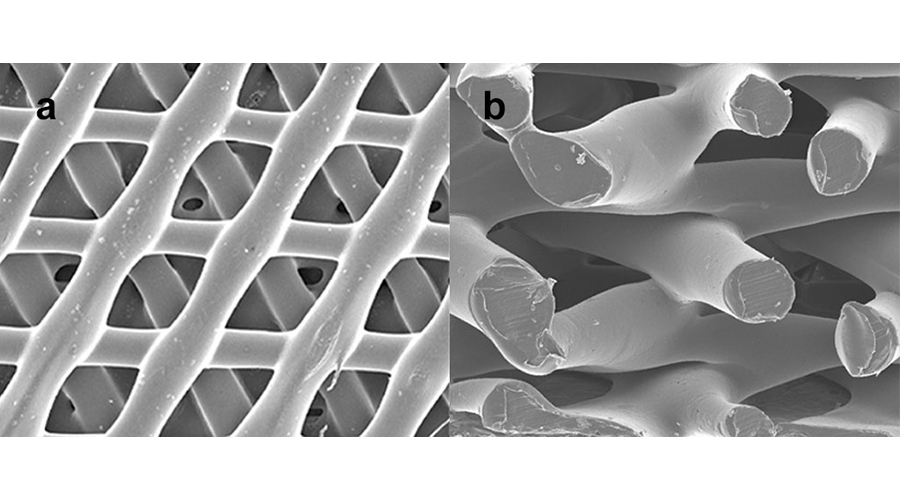Read: CSIRO, Singular Health and Osteopore’s AI-powered skull design successfully tested
software
After Australia
biology
medicine
probably the first3D printingskull
Implants
become reality.
Last October 2021, Australia’s national science agency CSIRO and Singular Health launched a collaboration on AI software for cranial implants through CSIRO’s Kick-Start project, which is funded and supported by the Australian government.
On March 14, 2022, the two institutions released the latest scientific research results of the project, claiming to have developed the 3Dicom AI artificial intelligence software, which can automatically create skull implants within four minutes with 91% accuracy thing.

At the same time, they will cooperate with a third company in Australia, Osteopore Ltd, which will be in
clinical
A comparative study of Osteopore’s existing cranial implant design process and a new artificial intelligence design engine in the context of Osteopore.to get from the United States
food
It is fully certified by the Food and Drug Administration (FDA) and the Australian Therapeutic Goods Administration (TGA).If the above is approved, the future3D printingSkull implants will become a reality.
Singular Health is a
medical
Technology company, as early as May 2021, it will offer Australian 3D Additive Manufacturing Engineering (AAE)
Invest
$300,000 to build one of Australia’s largest purpose-built medical 3D printing facilities. Using radiological medical images such as CT scans, a 3D and virtual reality (VR) visualization platform, the Volumetric Rendering platform (VRP), was developed and commercialized.

Essentially, Singular’s 3Dicom AI intelligence software enables both physicians and patients to access scans in traditional 2D views and fully interactive 3D models across VR, PC, tablet and smartphone, all locally stored and rendered. And focus problem areas such as tumors, enabling better patient-practitioner communication and improved spatial understanding of the patient’s anatomy.
Its joint venture partners commented on 3Dicom that compared with software models developed by other companies in the industry during the same period in 2021, the accuracy and speed of the 3Dicom AI model surpassed other similar methods.

Thomas Hanly, chief executive of Singular Health, said it was the best-in-class smart design software compared to the 2021 Automatic Implantation Grand Challenge, truly demonstrating how artificial intelligence can go from “scan to
Operation
“Increased manual processing capabilities and time savings. I am now looking forward to working closely with Osteopore to bring this commercial project to fruition.
ostepore said it is excited to work toward commercial outcomes after evaluating Singular Health’s new artificial intelligence cranial implant design tool.
Osteopore, a public company with R&D and manufacturing operations in Singapore, develops 3D printed implants to provide scaffolds for bone regeneration. They are made of a bioabsorbable polymer that dissolves over time, leaving only Natural, healthy bones. This significantly reduces the incidence of postoperative complications compared to permanent implants.

The collaboration seeks to validate the new AI design results, and Osteopore will provide a dataset of 40 craniotomy scans and existing cranial implants to make initial judgments on the AI model. The AI model software and 3Dicom medical imaging software are then compared with existing workflows and evaluated based on the relative timing and accuracy of the work before submission to the FDA and TGA for final evaluation and certification.
Khoon Seng Goh, CEO of Osteopore, said that as a result of the collaboration, Singular’s AI technology could lead to significant design and process improvements.
This unique collaboration could well make a science-fiction concept a reality—3D-printed bone implants to replace bone, which could ultimately revolutionize the medical industry.
(responsible editor: admin)


0 Comments for “Singular brings 3D printed bone implants close to reality”